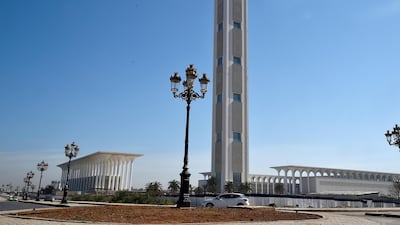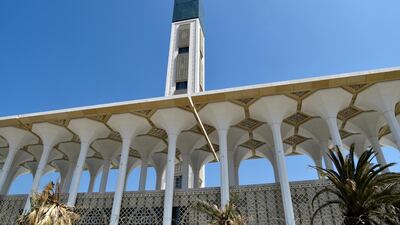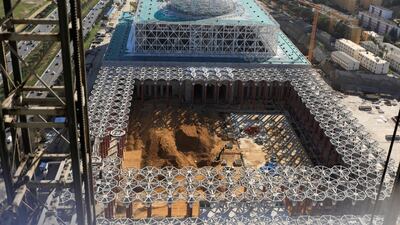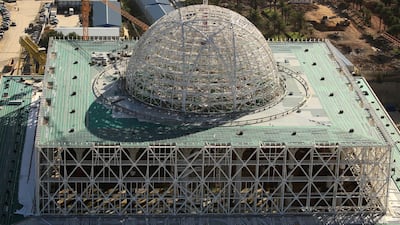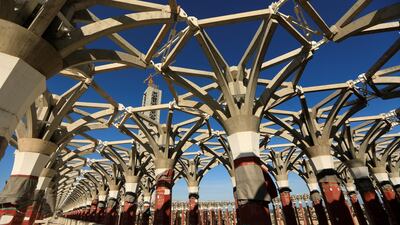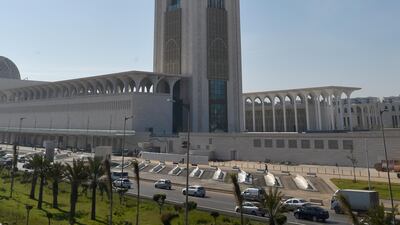Construction of Africa’s biggest mosque and the world’s third largest mosque has been completed, costing $1 billion built by a Chinese construction firm.
The Great Mosque of Algiers will boast a 265 metre (870 feet) minaret higher than the Hassan II Mosque in Casablanca, Morocco, and will span an area of 400,000 square metres. Underground parking space will be available for upto 7,000 cars.
A madrasa, library, restaurant, and centre dedicated to preserving the history of Algeria will also be inside the new mosque.
The outside courtyard overlooks the Bay of Algiers.
The completion of the Great Mosque of Algiers on 28 April means that it will be the third largest mosque in the world, after the Holy Mosque of Mecca and the Prophet’s Mosque in Medina.
China State Construction Engineering Corporation (CSCEC) lead the construction of the mosque, a Chinese-state back firm responsible for projects across Africa. Chinese help in the project could be seen as problematic given the clampdown on Uyghur Muslims minority in the Xinjiang province.
A global slump in oil prices meant the mosque had to overcome financial problems that exacerbated delays in construction.
The completion comes at a time of political uncertainty in Algeria. Abdelaziz Bouteflika, who signed off the construction, resigned in April after public anger at millions spent on large projects such as the Great Mosque.
